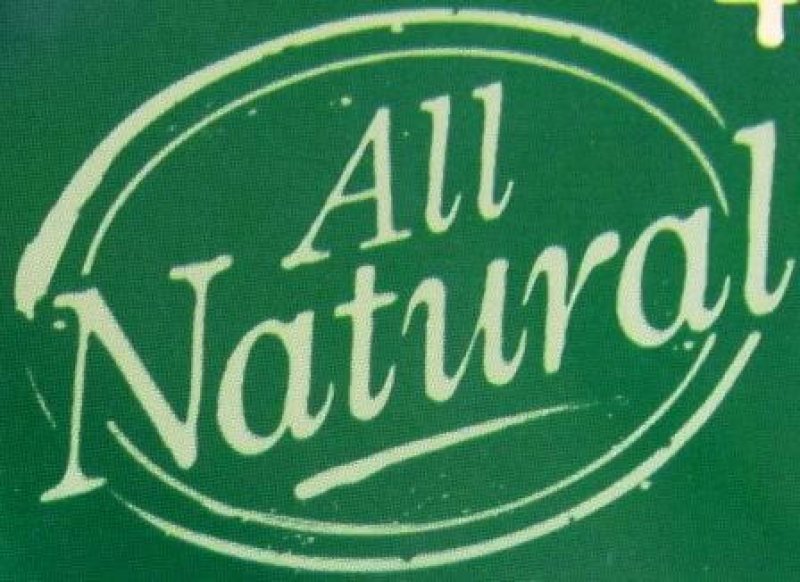For years, activists have been pressuring the U.S. Food and Drug Administration to define exactly which foods it considers to be “natural.”
On January 6, FDA Assistant Commissioner for Policy Leslie Kux again “respectfully declined” to define the term “natural” when used in food labeling. In a letter to three federal judges handling civil litigation brought against manufacturers over “natural”-type claims made for foods containing bioengineered ingredients, Kux offered several explanations for the FDA’s reticence:
1. First, FDA believes it would not be appropriate for the agency to define “natural” except through a public process that would allow stakeholders the opportunity to express their views: “[W]e would likely embark on a public process, such as issuing a regulation or formal guidance … we would not do so in the context of litigation between private parties.”
2. FDA says it cannot define “natural” without coordinating with USDA: “[D]efining the term ‘natural’ on food labeling necessarily involves interests of Federal agencies other than FDA, including the United States Department of Agriculture …”
3. Any attempt to define “natural” would have to consider far more than the narrow question posed by the courts (i.e., whether genetically engineered foods are “natural”), and FDA simply does not have the resources for such a major undertaking at this time. FDA notes that it would need to consider the relevant science, consumer perceptions, the First Amendment, and all of the many other technologies used in food production and processing today. “At present, priority public health and safety matters are largely occupying the limited resources that FDA has to address food matters.”
Read the full, original post: FDA won’t define “natural” anytime soon
Additional Resources:
- Grocery industry calls on FDA to define ‘natural’ to include GM food, Politico
- Activists failing in efforts to challenge ‘natural’ labels on natural products made with GMOs, Genetic Literacy Project
- Natural products producers: Let the consumer market decide on GE labeling, Natural Products Insider































